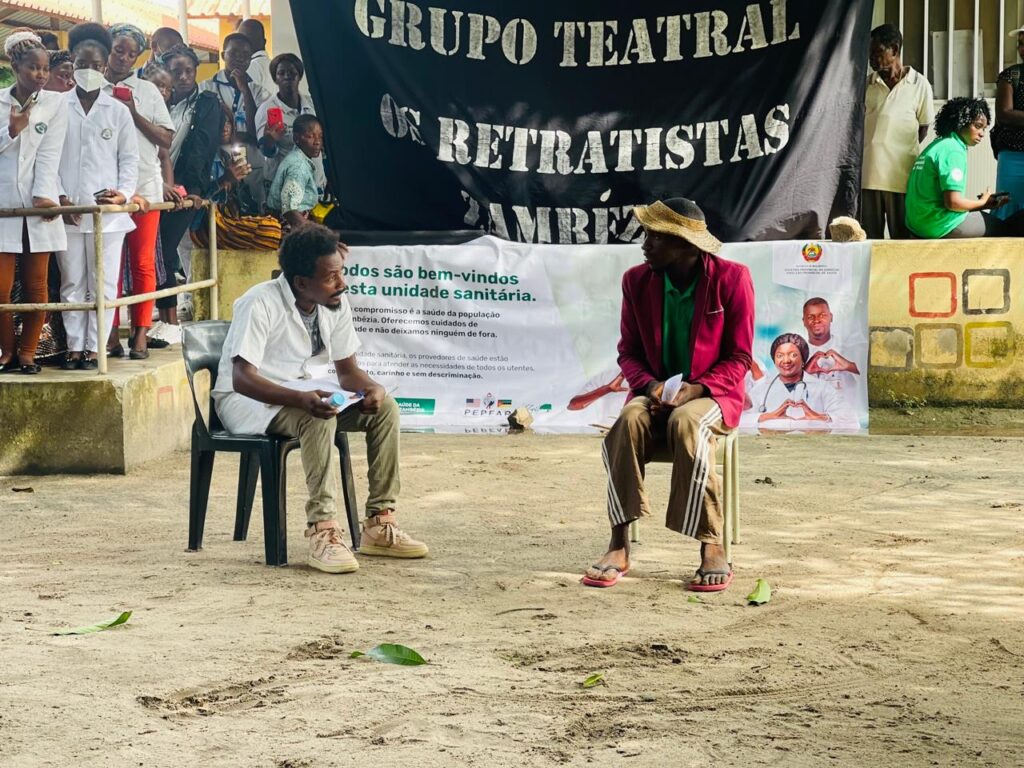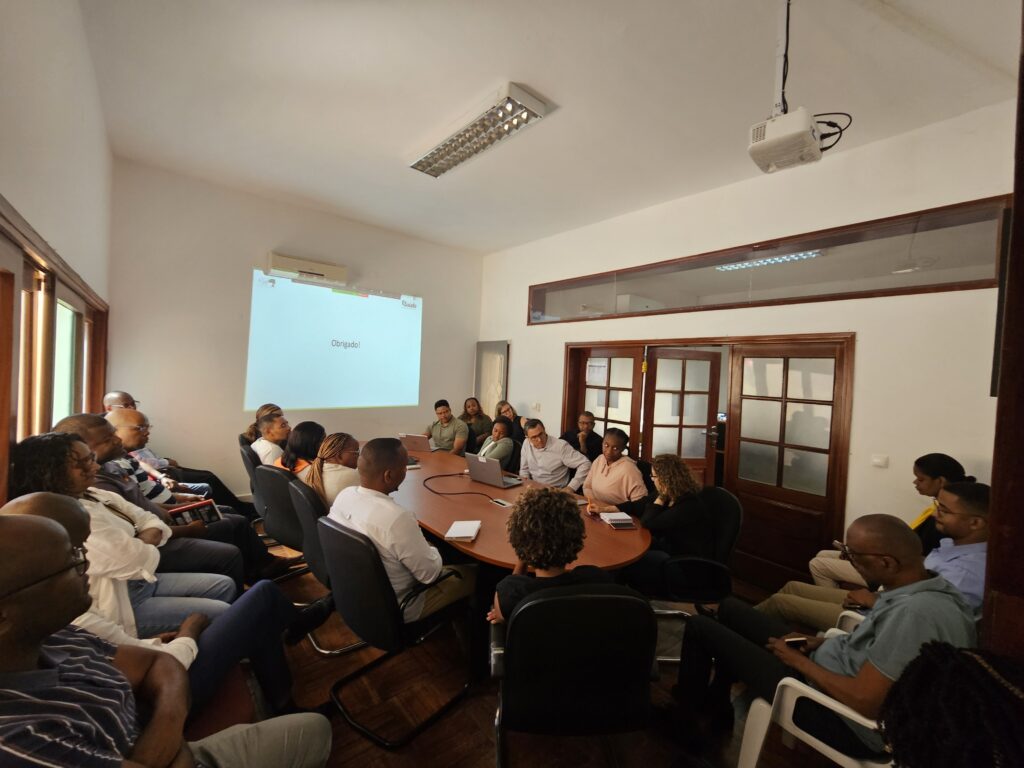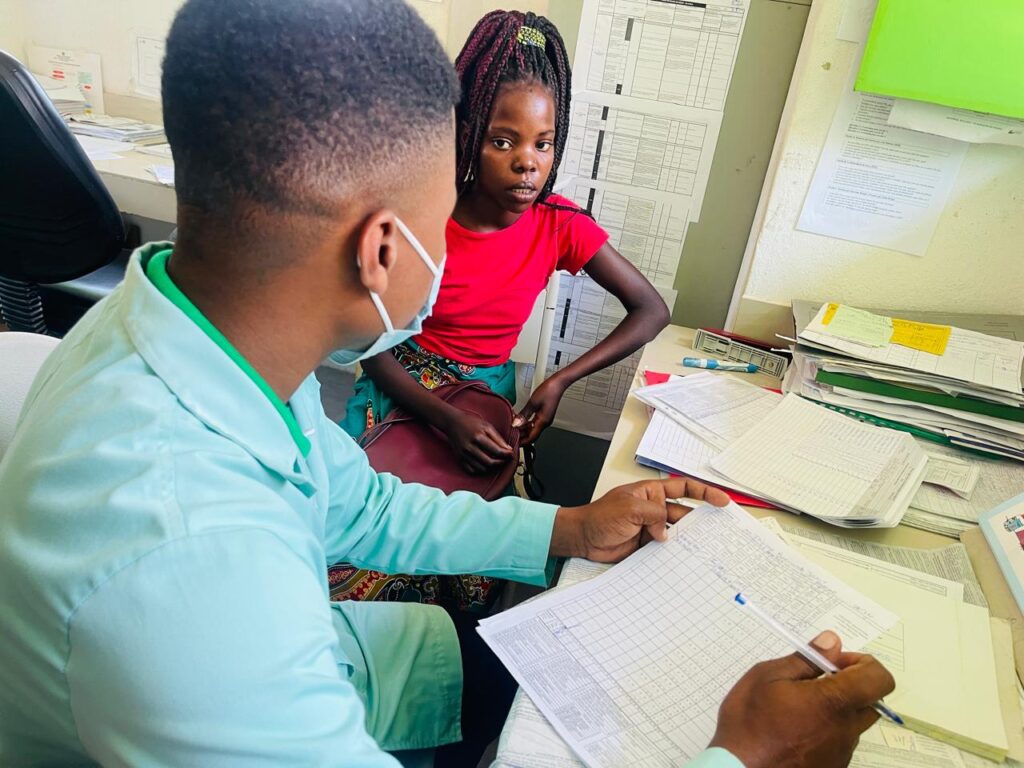The province of Zambézia is witnessing a coordinated effort to urgently reintegrate antiretroviral therapy (ART) patients who had been lost to follow-up as a result of recent public demonstrations. Interrupting ART poses a serious risk to patients’ health and to the stability of the gains in the HIV response. When a patient discontinues medication, there is an increase in viral load, a risk of progression to AIDS, greater susceptibility to opportunistic infections such as tuberculosis, and a significant increase in the risk of transmission of the virus. Reintegrating these patients is an urgent priority in order to protect lives and maintain control of the epidemic. The Pebane district has stood out as a model for this response. This June, the Tomeia health unit received a technical and community brigade that carried out intensive activities to mobilize, screen and reintegrate patients on ART, with encouraging results:
The strategy was based on community awareness sessions on the importance of an undetectable viral load and door-to-door visits involving community activists, religious leaders, local structures and health technicians. The success of the action in Pebane demonstrates local collaboration and integrated action between community health and health units. This model is being progressively replicated in the other affected districts, with the same commitment to rescuing all patients who have lost contact with the system. C-Saúde, as a technical partner organization of Serviços Distritais de Saúde, reaffirms its commitment to a humanized intervention guided by the right to health, placing communities at the center of the response. |



